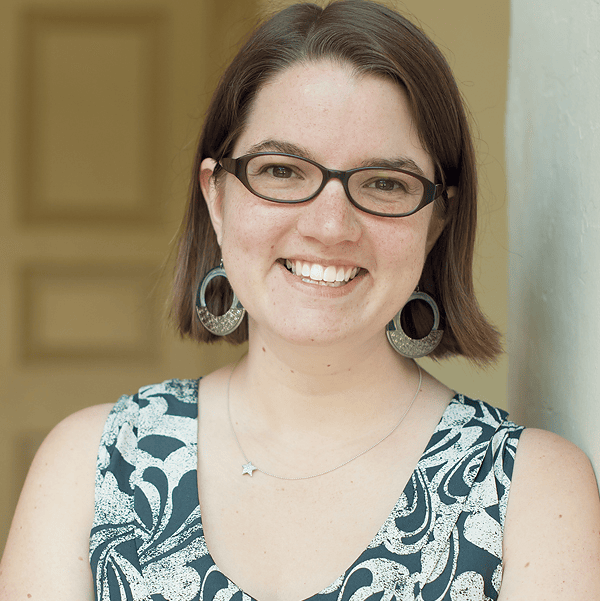When I left academia, there was a mourning period. Quitting my PhD program after six years of work meant completely shifting my vision of my future. I turned away from a career path in academic research and teaching (one that wasn’t guaranteed anyway) and gave up my dream of one day publishing my dissertation research on sex education in the United States as a book. By leaving, I gained much more than I lost—a fulfilling career in scholarly publishing and a work-life balance that I likely would not have as a faculty member. But at the time, I felt an acute sense of loss. Others have shared with me that they, too, experienced that feeling when they left academia, with or without having earned a terminal degree.
To ease that loss, I fulfilled my disciplinary needs in new ways. Around the same time I took the leave of absence from my graduate program that would become permanent, I joined a public-facing historical project called Nursing Clio. A blog run by feminist historians of gender and medicine, it became my new community and scholarly home. I began writing for the blog and managing the site’s social media, and soon I was editing essays. After about a year, I became managing editor, coordinating the day-to-day operations of a growing team of editors and writers who strove to publish accessible, relevant historical work on the intersections of gender, medicine, sexuality, disability, and more.
On this team, I found a way to continue my historical work outside academia. I spent a year working part time at the public library until I was hired for my first job in scholarly publishing. By day, I worked for an engineering association. In the evenings and on weekends, I stayed connected to my historical passions with the blog. Two years later, I started working at the AHA. My Nursing Clio experience was an essential part of my résumé and put me on the path to being the AHA’s director of publications today.
In a nonacademic job, it can feel impossible to pursue your own scholarship, even in an academia-adjacent institution like the AHA. A historical monograph that takes a professor years to research and write can feel like an impossible task for a nonacademic. But I’ve done so much else with the written word at the AHA. I’ve helped to edit and produce this magazine for six years, and my writing often appears in its pages. My name appears on the cover of Designing Introductory History Courses for Student Success as the booklet’s co-editor. And I’ve taken my experiences at both Nursing Clio and Perspectives and made it my mission to help other historians learn how to better reach the public with their scholarship, primarily through the op-ed workshops I have organized at the AHA annual meeting since 2023.
So when the Nursing Clio team had the chance to edit and publish a book this fall, it surprised me how meaningful I would find the experience. Collaboration with 10 other editors made my involvement possible. We published it under the name “the Nursing Clio Editorial Collective” to acknowledge the work of the many editors who touched these essays across the full 13 years of the project. The collection, which includes both updated essays from the blog and new pieces, introduces readers and especially students to histories of sex, reproduction, and justice at a time when reproductive freedom, LGBTQ+ equality, and other human rights are under attack. That mission remains incredibly important to me, and I couldn’t be prouder of the book.
For me personally, this has felt like a full-circle moment. When I was at a crossroads in my professional life, Nursing Clio became my haven, keeping me connected to history and historical work when I thought I might never be a professional historian. The collaborative creation of The Nursing Clio Reader reminds me that I am a historian even without a PhD after my name. It won’t even matter if I leave the AHA to work in another field one day. I am a historian who uses her expertise to help others broaden the reach of their work. And for me, that’s a dream realized.
This work is licensed under a Creative Commons Attribution-NonCommercial-NoDerivatives 4.0 International License. Attribution must provide author name, article title, Perspectives on History, date of publication, and a link to this page. This license applies only to the article, not to text or images used here by permission.


